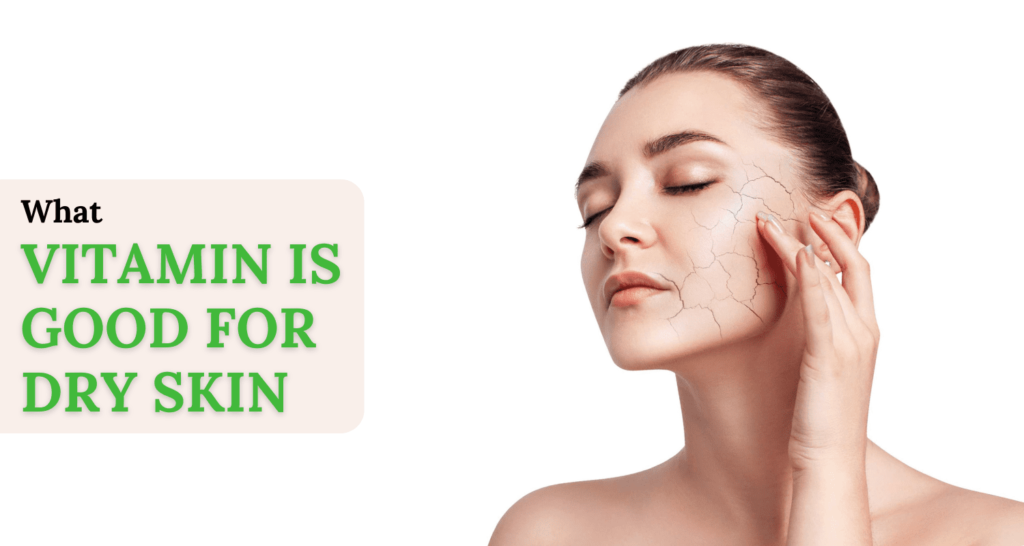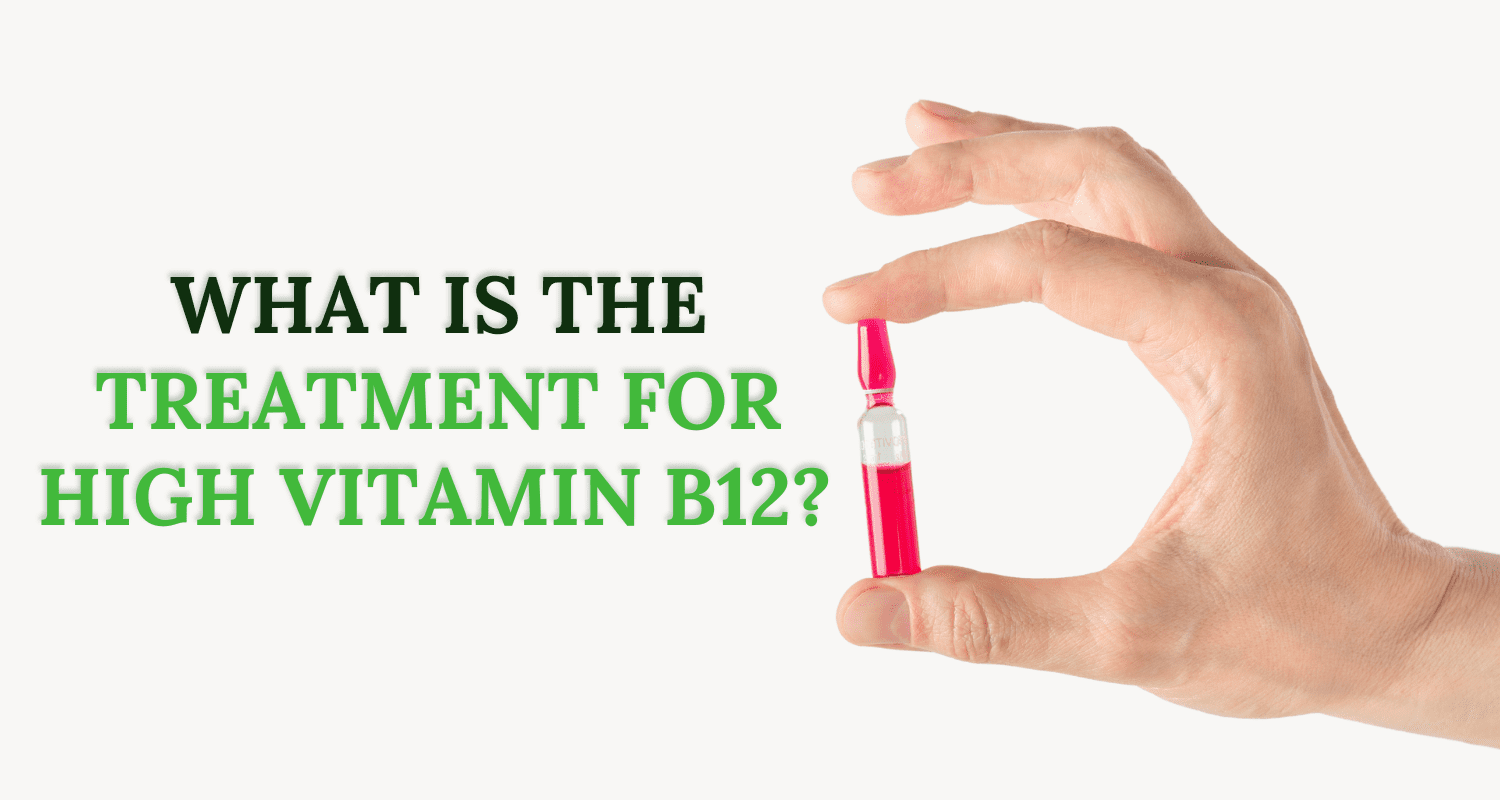Dry skin is a common issue that can cause discomfort and affect our confidence.
Fortunately, there is a simple solution right at our fingertips – **VITAMINS**.
These essential nutrients play a crucial role in maintaining healthy and hydrated skin, helping to combat dryness and improve overall skin health.
In this article, we will dive deeper into what vitamin is good for dry skin. We will explore which specific vitamins are beneficial, how they work to keep our skin moisturized, and the potential benefits of dry skin vitamin supplements formulated specifically for your dry skin.
So, if you’re ready to say goodbye to dryness and hello to healthier skin,
let’s get started and explore what vitamin is good for dry skin!
Key Takeaways:
- 64% of people struggle with dry skin.
- Vitamins are essential for maintaining healthy and hydrated skin.
- This article will explore what vitamin is good for dry skin.
- We will discuss the benefits of vitamin supplements formulated for dry skin.
- By incorporating the best vitamin for dry skin, you can improve your skin’s hydration and overall health.
Vitamin E for Dry Skin
Vitamin E is a well-known nutrient that offers exceptional benefits for dry skin.
Its moisturizing properties make it a popular choice for individuals seeking to improve skin hydration and promote healthy skin cell growth.
When applied topically, vitamin E helps to lock in moisture and create a protective barrier on the skin’s surface. This barrier helps to prevent moisture loss, keeping the skin supple and hydrated.
In addition to its topical applications, vitamin E can also be obtained through natural food sources such as almonds, spinach, sunflower seeds, and avocados. Incorporating these foods into your diet can provide your body with the necessary nutrients to support skin health.
Vitamin E also exhibits antioxidant properties, which help to neutralize free radicals and protect the skin from environmental stressors. This can minimize skin damage and promote a more youthful complexion.
Benefits of Vitamin E for Skin Health
- Promotes skin hydration and prevents dryness.
- Supports healthy skin cell growth and regeneration.
- Protects the skin from environmental damage.
- Minimizes the appearance of fine lines and wrinkles.
- Enhances overall skin health and vitality.
Incorporating vitamin E into your skincare routine can be as simple as using a moisturizer or serum enriched with this essential nutrient.
Additionally, taking vitamin E supplements under the guidance of a healthcare professional may be beneficial for individuals with severe dry skin.
By harnessing the power of vitamin E, you can nourish and revitalize your dry skin, promoting a radiant and healthy complexion.
Vitamin C Dry Skin
Vitamin C is not only popular for boosting immunity but also plays a crucial role in supporting healthy skin.
When it comes to combating dry skin, vitamin C can have remarkable benefits.
One of its key functions is promoting collagen production, a protein that helps maintain the skin’s structure and elasticity.
By increasing collagen synthesis, vitamin C can contribute to improved hydration and a more supple appearance.
Another way vitamin C aids in combating dry skin is by reducing inflammation.
It has powerful antioxidant properties that help protect the skin from oxidative stress caused by free radicals. This, in turn, can reduce skin irritation and inflammation, providing relief for dry, itchy skin.
If you’re looking to incorporate more vitamin C into your skincare routine, there are several excellent sources to consider.
Citrus fruits like oranges, lemons, and grapefruits are rich in vitamin C.
Additionally, strawberries, kiwis, and papayas are also great fruit sources of this essential vitamin. For those who prefer vegetables, bell peppers, broccoli, and spinach are excellent choices.
The Potential Benefits of Vitamin C for Overall Skin Health:
- Promotes collagen production for improved skin hydration
- Reduces inflammation and soothes dry, itchy skin
- Helps protect the skin from oxidative stress
- Supports a more youthful and supple appearance
Incorporating vitamin C-rich foods into your diet or using skincare products containing vitamin C can contribute to healthier, more hydrated skin.
However, it’s essential to consult with a dermatologist or healthcare provider before starting any new skincare regimen or supplementation to ensure it aligns with your specific needs and existing skincare routine.
Vitamin D Dry Skin
Vitamin D is not only essential for bone health but also plays a crucial role in maintaining healthy skin.
D vitamin deficiency dry skin can contribute to other skin issues.
When our skin is exposed to sunlight, it produces vitamin D naturally.
However, factors such as limited sun exposure, sunscreen use, or living in areas with less sunlight can result in vitamin D deficiency.
Supplementing with vitamin D can help replenish the body’s stores and potentially improve dry skin.
Studies have shown that vitamin D supplementation may enhance skin hydration and promote a healthy skin barrier function.
In addition to supplementation, natural sources of vitamin D include fatty fish like salmon and mackerel, fortified dairy products, and egg yolks. Incorporating these foods into your diet can help ensure an adequate intake of vitamin D for optimal skin health.
The Potential Benefits of Vitamin D for Skin Health:
- Hydrating skin: Vitamin D can support the skin’s moisture retention abilities, combating dryness and promoting a healthy, hydrated complexion.
- Enhancing skin barrier function: Vitamin D plays a role in maintaining the skin’s protective barrier, which can help prevent moisture loss and protect against external irritants.
- Reducing skin inflammation: Vitamin D has anti-inflammatory properties that may help soothe and calm irritated or inflamed skin.
While vitamin D supplementation and natural sources can be beneficial for dry skin, it’s important to consult with a healthcare professional or dermatologist before starting any new supplement regimen.
They can provide personalized advice based on your specific needs and help determine the appropriate dosage for desired results.
Other Essential Vitamins for Dry Skin
Apart from vitamin E, C, and D, there are other essential vitamins that can benefit dry skin.
In addition to keeping your skin hydrated, these vitamins play important roles in maintaining healthy and moisturized skin.
Vitamin A
Vitamin A is known for its anti-aging properties and its ability to promote skin cell turnover.
It helps keep the skin soft and supple while reducing the appearance of dryness.
Vitamin A can be found in foods such as carrots, sweet potatoes, and leafy greens.
Vitamin B complex
The B complex vitamins, including B1, B2, B3, B5, B6, B7, B9, and B12, are crucial for maintaining healthy skin.
They help improve the skin’s moisture retention, reduce inflammation, and promote skin cell regeneration.
Good sources of B vitamins include whole grains, meat, eggs, and leafy green vegetables.
Vitamin K
Vitamin K plays a role in preventing dryness and supporting the skin’s healing process.
It helps improve blood circulation, which in turn promotes healthy skin cell growth.
Foods rich in vitamin K include leafy green vegetables, broccoli, and Brussels sprouts.
By incorporating these essential vitamins into your diet or through quality supplements, you can optimize your skin health and combat dryness.
Remember to consult with a healthcare professional or dermatologist before making any significant changes to your vitamin regimen.
Choosing a Vitamin Supplement for Dry Skin
If you are experiencing dry skin and considering a vitamin supplement to improve your skin health, it’s important to choose the right product.
With a wide range of options available, understanding the key ingredients and considerations will help you make an informed decision.
Key Ingredients to Look For
- Vitamin E: Look for supplements that contain vitamin E, known for its moisturizing properties and ability to promote healthy skin cell growth.
- Vitamin C: Vitamin C is essential for collagen production and reducing inflammation, making it a valuable ingredient in skin health supplements.
- Vitamin D: Consider supplements that include vitamin D, as deficiency in this vitamin can contribute to dry skin. Vitamin D plays a crucial role in maintaining overall skin health.
Potential Side Effects
While vitamin supplements are generally safe when taken as directed, it’s important to be aware of potential side effects.
Some individuals may experience gastrointestinal discomfort or allergic reactions.
If you have any underlying health conditions or are taking medications, consult with your healthcare provider before starting any new supplements.
Considerations for Incorporating Supplements
Before incorporating vitamin supplements into your skincare routine, consider the following:
- Consultation: Consult with your dermatologist or healthcare provider to determine which supplements are most suitable for your specific needs.
- Quality and Reputation: Choose supplements from reputable brands that adhere to high-quality standards and have positive customer reviews.
- Other Skincare Practices: Remember that supplements should complement, not replace, a comprehensive skincare routine. Focus on maintaining healthy habits such as proper hydration, regular exercise, and a balanced diet.
By understanding the options available and considering these factors, you can select a vitamin supplement that supports your skin’s hydration and overall health.
Remember to follow the recommended dosage guidelines and be patient as it may take time to see noticeable improvements in your skin’s condition.
Conclusion
What vitamin is good for dry skin? Incorporating specific vitamins into your daily routine can have a significant impact on combating dry skin and promoting overall skin health.
Vitamins E, C, D, and others are crucial in maintaining hydration and ensuring the health of your skin cells.
Whether you choose to obtain these vitamins through natural food sources or supplements, prioritizing their intake can contribute to moisturized and vibrant skin.
Vitamin E is well-known for its moisturizing properties and ability to improve skin hydration. It can be found in various natural food sources, and its inclusion in your skincare routine can help nourish and protect your skin.
Vitamin C, in addition to enhancing the immune system, plays a vital role in supporting healthy skin. Its ability to stimulate collagen production and reduce inflammation makes it an excellent choice for individuals with dry skin.
Vitamin D is essential for numerous bodily functions, including maintaining healthy skin. Ensuring adequate intake of vitamin D is crucial in preventing dry skin, and it can be obtained from natural sources such as exposure to sunlight and certain foods.
However, before starting any new supplement regimen, it is advisable to consult with your healthcare provider or dermatologist. They can provide personalized guidance based on your health condition and specific needs.
By making informed decisions and incorporating these essential vitamins into your skincare routine, you can achieve and maintain hydrated and healthy skin.
FAQs
What vitamin is good for dry skin?
Vitamin E is beneficial for dry skin as it helps in moisturizing and repairing the skin barrier.
What is the best vitamin for very dry skin?
Vitamin E is often considered the best for very dry skin due to its hydrating and protective properties.
What deficiency causes dry skin?
Deficiency in vitamins such as Vitamin E, Vitamin C, or essential fatty acids like omega-3 can lead to dry skin.
Is vitamin E or C better for dry skin?
Both Vitamin E and Vitamin C have moisturizing and antioxidant properties, but Vitamin E is particularly known for its effectiveness in combating dry skin.
Is Vitamin C okay for dry skin?
Yes, Vitamin C can be beneficial for dry skin as it helps in hydrating the skin, promoting collagen production, and brightening the complexion.
How can I improve my super dry skin?
To improve super dry skin, consider using moisturizers rich in hydrating ingredients like hyaluronic acid, avoiding harsh soaps, and increasing intake of water and vitamins for skin health.
What can I drink for dry skin?
Drinking plenty of water, herbal teas, and consuming beverages rich in antioxidants like green tea or fruit juices can help hydrate dry skin from within.
Disclaimer: This content, including advice, provides generic information only. It is not a substitute for a qualified medical opinion. Always consult a specialist or your doctor for more information. Nutrition Cult does not claim responsibility for this information.




